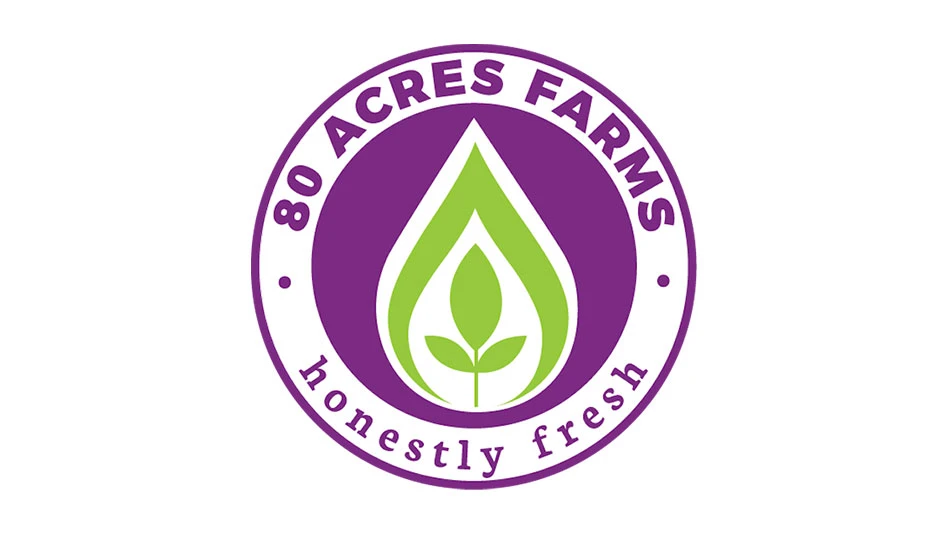 When consumers enjoy more success in the garden, growers and garden centers reap the benefits. The green industry now has another tool to market varieties to locavores. For the first time in its 81-year history, All-America Selections is naming regional winners from its bevy of trial gardens.
When consumers enjoy more success in the garden, growers and garden centers reap the benefits. The green industry now has another tool to market varieties to locavores. For the first time in its 81-year history, All-America Selections is naming regional winners from its bevy of trial gardens.
In November, AAS announced its first list of regional winners – three edibles and two flowers.
“The industry is enjoying a surge in vegetable consumption and sales,” says Diane Blazek, executive director of AAS. “And our new regional awards will help growers expand their local and regional marketing reach.”
Winners are announced three time a year – late January, July and November.
AAS winners are marketed to the home gardener through the consumer media, the AAS website and social media, especially Facebook and Pinterest. AAS also operates almost 200 display gardens, which are a vital part of the group’s PR program, Blazek says.
All of the vegetable winners were trialed next to similar varieties that are currently on the market. The AAS Judges do a side-by-side analysis of growth habit, disease resistance and more to determine if these entries were truly better than those already available to home gardeners. Judges are volunteers and do not know the plant’s breeder, she adds.
Entries are judged on several criteria including, earliness to germination, plant height and width, taste, post-harvest performance, disease resistance, early maturity and yield.
“AAS is a brand. It’s a brand promise. Much like the Good Housekeeping Seal of Approval, AAS serves that purpose in the horticulture industry and in a very public way,” she says.
Seed must be readily available before a plant can be named a winner. This is a new requirement to the AAS program, Blazek said.
And with the advent of the regional winners, AAS needs more trial sites. Interested parties may contact Blazek for more details. Most AAS trials are at universities or on a grower’s property. There are only a few at public gardens.
Regional winners
The first round of regional winners in the vegetable category are cucumber ‘Pick a Bushel’ for the Heartland and Great Lakes regions; pumpkin ‘Cinderella’s Carriage’ for the Southeast, Great Lakes and Mountain/Southwest; and tomato ‘Mountain Merit’ for the Heartland. These descriptions were provided by AAS.
 Pumpkin ‘Cinderella’s Carriage’
Pumpkin ‘Cinderella’s Carriage’
‘Cinderella’s Carriage’ is a dream come true for any princess-loving child who wants to grow their own fairy tale type pumpkin. This brightly colored pumpkin is the first hybrid Cinderella-type pumpkin on the market which results in a higher yield as well as Powdery Mildew resistance in the garden. Robust and vigorous vines grown in traditional hills produce large fruits ranging from 18-20 pounds. Bred by Seeds By Design.
 Cucumber ‘Pick a Bushel’
Cucumber ‘Pick a Bushel’
This Regional AAS Winner is great for northern areas because it is early to set fruit, offers a prolific quantity of fruit and is a compact bush-type cucumber spreading only about 24 inches. ‘Pick a Bushel’ offers a sweeter tasting light-green cucumber with a nice firm texture, perfect for pickling when harvested early. Fruits left on the bush-type vines longer can get up to 6” long and can be enjoyed fresh in salads. For those gardeners looking for a cucumber that can be grown in patio containers, ‘Pick a Bushel’ is a great option. Bred by Seeds By Design and W. Atlee Burpee Co.
 Tomato ‘Mountain Merit’
Tomato ‘Mountain Merit’
‘Mountain Merit’ was judged by growers in the Heartland region as a superior tomato because it is such a nice all-around tomato, perfect for slicing and sandwiches. With a 4- to 5-week harvest window, these dark red fruits grow on a determinate, compact, uniform plant and offers superb disease resistance to multiple diseases common to home grown tomatoes. Bred by North Carolina State University, produced by Bejo Seeds Inc.
For more: www.aaswinners.com

Explore the December 2013 Issue
Check out more from this issue and find your next story to read.
Latest from Produce Grower
- University of Evansville launches 'We Grow Aces!' to tackle food insecurity with anu, eko Solutions
- Lawsuit challenges new H-2 visa rules
- Q&A: Sandra Eskin Leads Food Safety Advocacy Organization, STOP, as CEO
- Find out what's in FMI's Power of Produce 2025 report
- The Growth Industry Episode 3: Across the Pond with Neville Stein
- Martin A. Makary Sworn in as FDA Commissioner
- PG CEA HERB Part 2: Analyzing basil nutrient disorders
- LettUs Grow, KG Systems partner on Advanced Aeroponics technology






